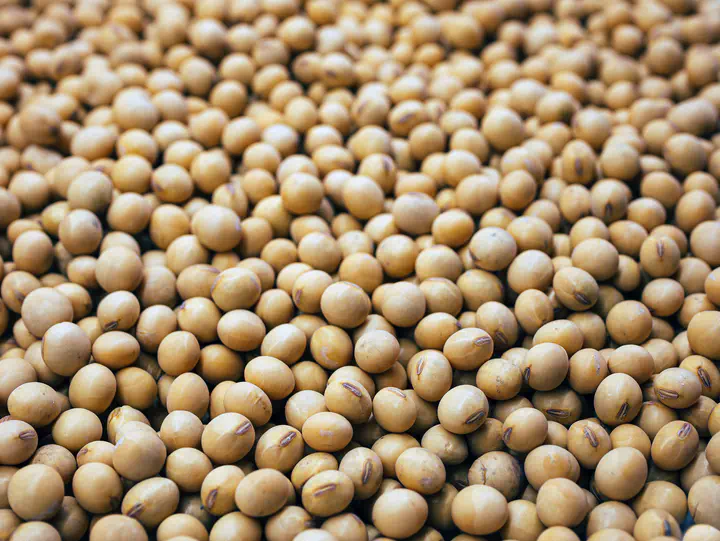A J-shaped association between soy food intake and depressive symptoms in Chinese adults

Abstract
Background & aims Soy food has been proven to have multiple positive effects on human health, however, no study has yet investigated the association between habitual intake of soy food and depressive symptoms in general population. The objective of this study was to examine this association.
Methods In a cross-sectional analysis, we studied a sample of 13,760 adults (mean age 43.5 years) in Tianjin, China. The Self-Rating Depression Scale (SDS) was used to assess depressive symptoms, with four cut-off points (SDS ≥40, 45, 48 or 50) indicating increased level of depressive symptoms. Food Frequency Questionnaire (FFQ) was used to assess dietary intake.
Results In the total population, the prevalence of increased depressive symptoms was 7.2% (SDS ≥ 50). Comparing to the group with lowest intake frequency of soy food (<once/week), the fully adjusted odds ratios (95% confidence intervals) of depressive symptoms were 0.80 (0.67, 0.95) for 1-3 times/week, 0.69 (0.55, 0.86) for 4-7 times/week, and 1.85 (1.21, 2.80) for ≥twice/day. Associations remained when other cut-off points (SDS ≥40, 45 or 48) were used as a definition of increased depressive symptoms.
Conclusion Findings from this study suggested a J-shaped association between intake frequency of soy food and incidence of depressive symptoms among adults. For the first time, the study provides evidence that light-to-moderate intake of soy food may reduce the incidence of depressive symptoms, while relatively high (≥twice/day) intake may generate the opposite effect.